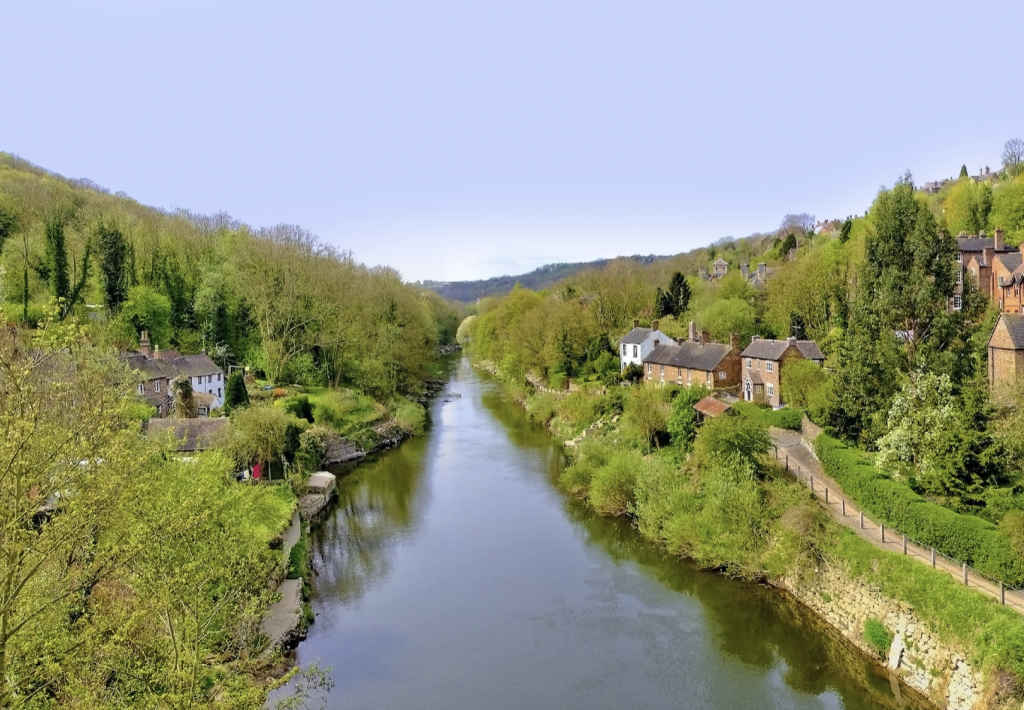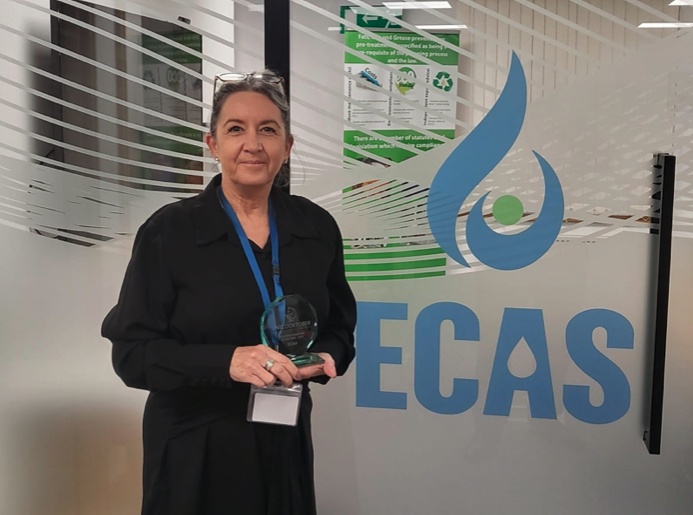The health of rivers and seas is in the spotlight.
But what affects the health of a river? And why is river health continuing to hit the headlines?
As an environmental company working in the water sector, we examine the importance of rivers and what can be done to help protect river quality in the future.
WHY IS RIVER HEALTH SO IMPORTANT?
River health is essential for the ongoing sustainability of our planet and its inhabitants. The winding waterways that traverse our land are arteries of life, sustaining communities and entire ecosystems.
There’s around 90,000 km of rivers in the UK. They play a critical role in the water and waste cycle for homes and businesses; they’re habitats for thousands of species of wildlife, flora, and fauna; they’re a form of transport; and they facilitate various recreational and well-being activities like fishing, swimming, rowing, and paddling.
The health, environmental, social, and economic implications of poor river health are significant. That’s why the Environment Agency, Natural Resources Wales, Ofwat, and UK water companies have put river health at the top of their agenda.
WHAT AFFECTS THE QUALITY OF WATER IN RIVERS?
The quality of water in our rivers is regularly tested for chemical composition; how well the water flows; and how much wildlife is present in and around the waters.
The factors that shape how healthy a river is, include:
- Storm overflows – when the sewerage network gets overwhelmed by heavy downpours of rain, storm overflows relieve things by discharging abundant rainwater and wastewater into rivers or seas.
- Sewer misuse – unflushables like wet wipes, sanitary towels, cotton buds, and nappies create blockages in the pipes under our streets. This can cause sewer floods in properties and the pollution of watercourses. The same can happen when fats, oils, and grease (FOG) from kitchens gets into the network.
- Agriculture – according to Ofwat, agriculture and rural land management contribute to 40% of the pollution in rivers. This comes from the waste and chemicals used in those sectors.
- Trade and development – as urban communities grow exponentially, so does the volume of trade effluent discharge into the sewer network. And as we increase traffic on roads, more polluted surface rainwater washes into watercourses.
- Climate change – according to the Met Office, climate change is causing more extreme weather events, including intense and heavy bursts of rainfall. This can flood the sewerage system, increasing the risk of river pollution incidents.
WHAT IS THE WATER INDUSTRY DOING?
Ofwat says that the water industry is responsible for 35% of pollution in rivers. As a result, water companies have
increased their focus on improving the situation.
For example, both Severn Trent and Anglian Water have launched Get River Positive, a series of pledges they’ve made to improve the health of the rivers within their regions.
As part of this, Severn Trent is transforming the town of Mansfield into an area that adopts more sustainable drainage solutions to conserve more water and to better cope with excessive rainfalls that overload the sewerage system.
Meanwhile, Anglian Water is installing new equipment at treatment works to remove phosphorous from wastewater to help protect wildlife.
WHAT IS ECAS DOING TO ‘GET RIVER POSITIVE’?
Most of our work is designed to help reduce blockages, sewer floods, and pollution incidents and help water companies deliver on their environmental commitments.
Our team has already prevented millions of litres of fats, oils, and grease (FOG) from entering the sewer network and causing blockages that lead to sewer floods and pollution.
Every day we engage with communities and educate them to change their actions to protect river quality. Whether that’s by showing them why wet wipes are often responsible for plastic pollution or ensuring that businesses adhere to environmental compliance legislation designed to keep rivers healthy.
INTERESTING RIVER FACTS
– Birmingham (where the ECAS headquarters is located) is said to have more waterways than Venice
– The River Severn is the longest river in the UK at 220 miles
– 33% of people say the public has the biggest responsibility for keeping rivers clean
– 19% of rivers at ‘good’ or better status in England and Wales
– The UK ranks 25/30 in Europe for bathing water quality
GET IN TOUCH
Ultimately, protecting river health is a team game and vital for human welfare and preserving the environment’s biodiversity. And it’s also at the very centre of what we do.
Please contact us for more information.



